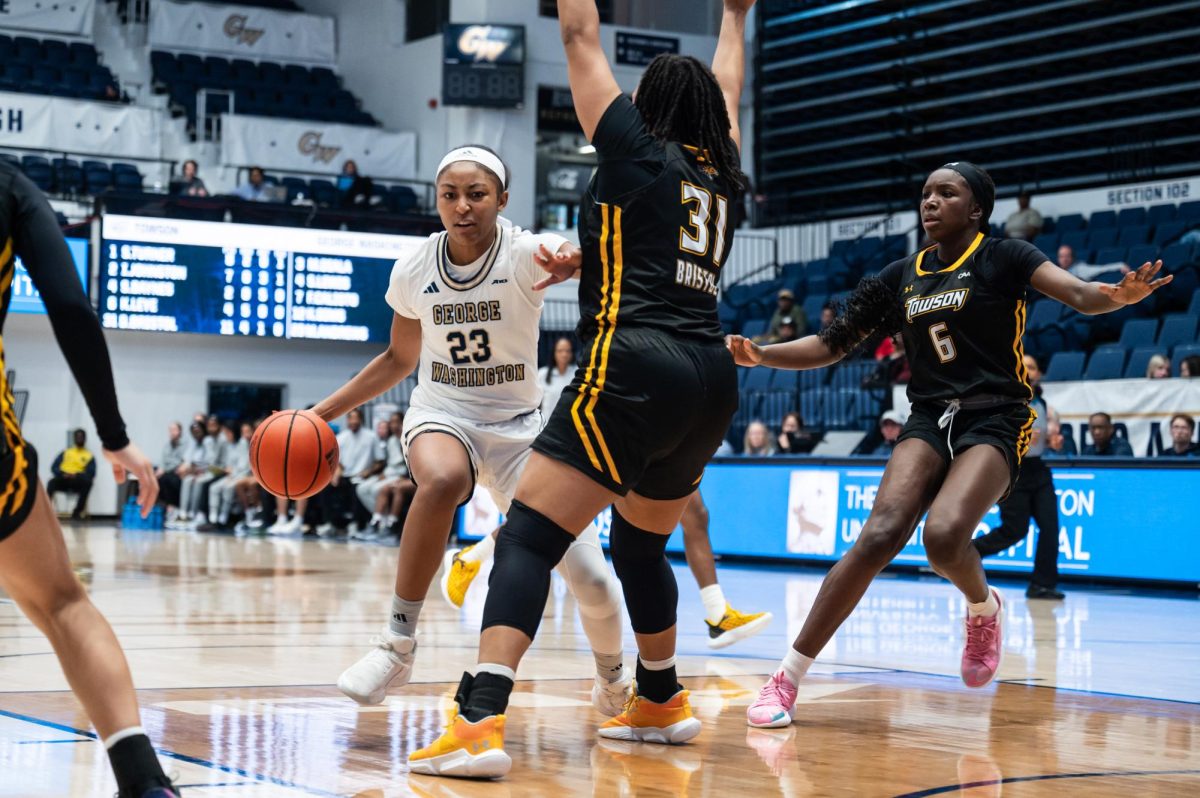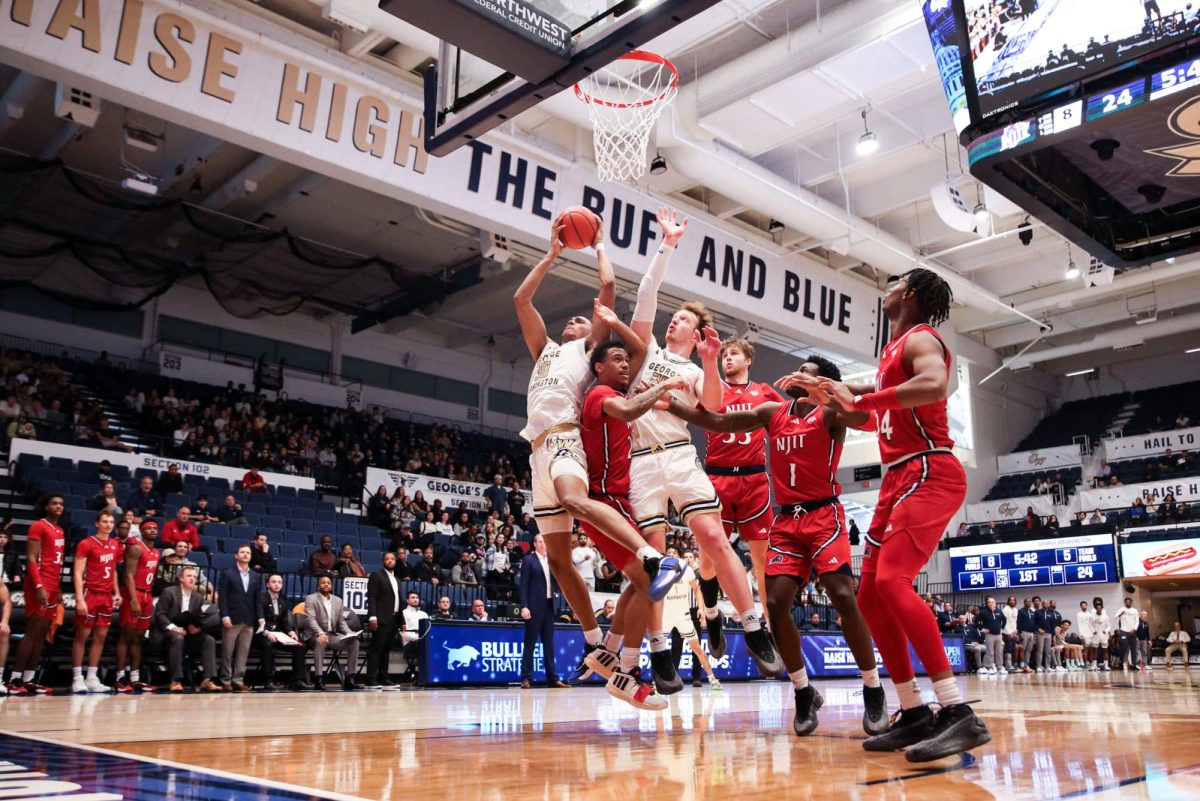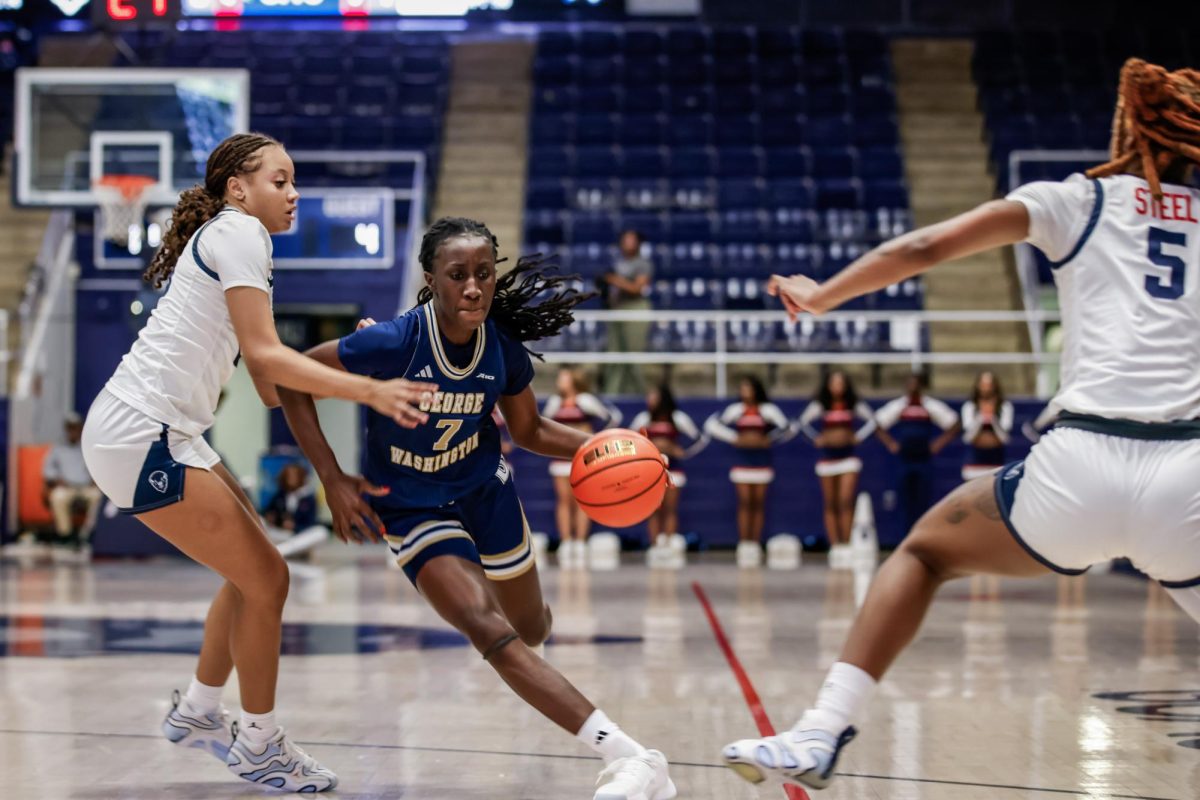The National Collegiate Athletic Association’s Board of Governors unanimously voted Tuesday to allow for student-athletes to profit off of their name, image and likeness.
After California passed a bill last month permitting student-athlete pay, the NCAA criticized the legislation and argued that the bill violates previous statutes that limit eligibility for compensated student-athletes and athletic programs. But the organization changed tune and directed Division I, II and III schools to update their bylaws to comply with the Board of Governors’ vote.
“The board’s action today creates a path to enhance opportunities for student-athletes while ensuring they compete against students and not professionals,” NCAA President Mark Emmert said in a release.
The NCAA’s new guidelines require that schools prioritize student-athletes’ education, ensure fair play between schools and protect prospective student-athletes from deciding on a school based on pay. The guidelines also make clear that student-athletes are not university employees, according to the release.
The organization’s rules should be implemented by January 2021, the release states.
Around the time the California bill passed, athletic director Tanya Vogel would not comment. But five of GW’s Atlantic 10 peers – La Salle, Saint Joseph’s, St. Bonaventure, Duquesne and Fordham – were poised to follow California’s lead as Pennsylvania and New York legislatures proposed similar bills.
The 25-member Board of Governors that decided on the new regulation consists of university presidents, chancellors and athletic directors of Division I, II and III schools. The group also includes political figures, like the 19th U.S. surgeon general, businessmen and Grant Hill – a former guard at Duke and a minority owner in the Atlanta Hawks.
NCAA representatives – who gathered information from stakeholders, like current and former student-athletes and coaches – advised the board and will continue to collect information about the implications of the new rules through April 2020, the release states.




